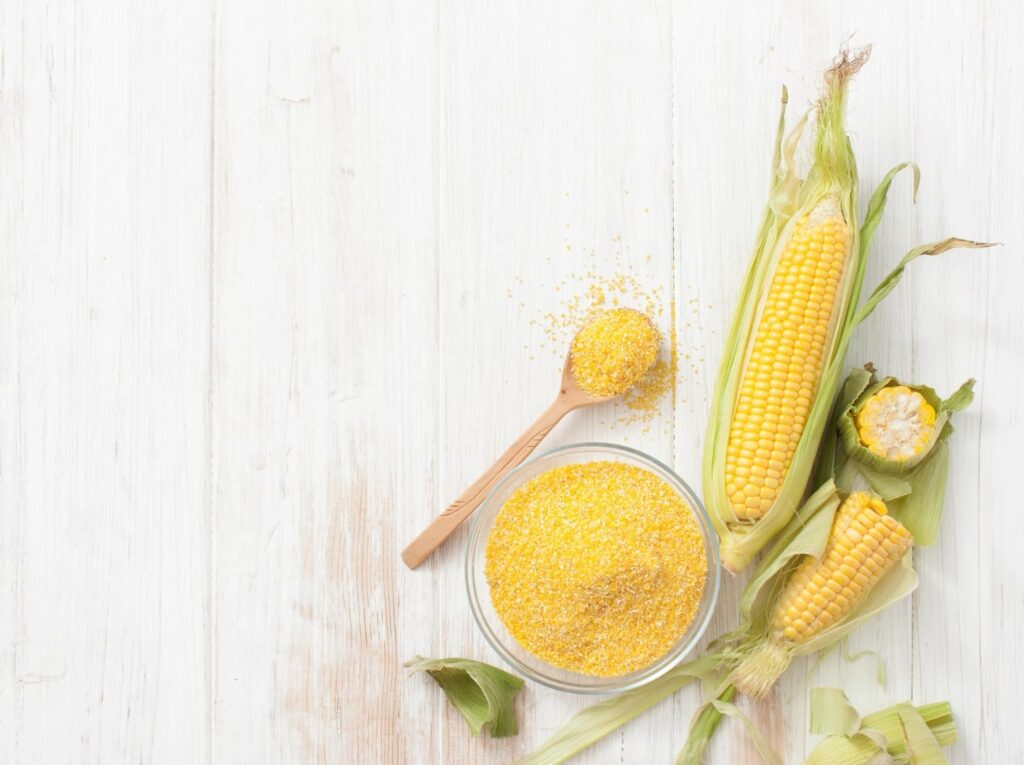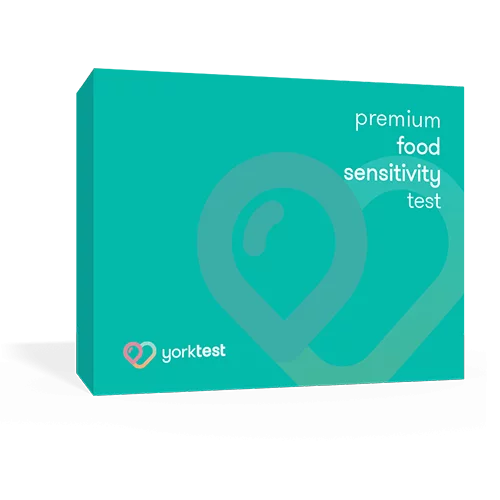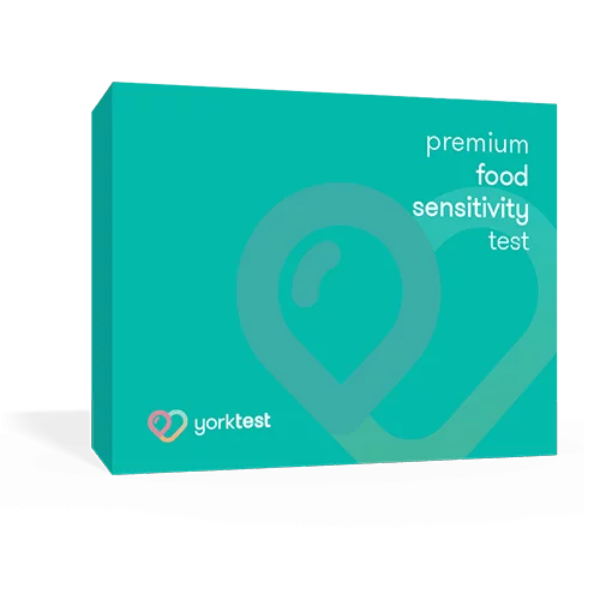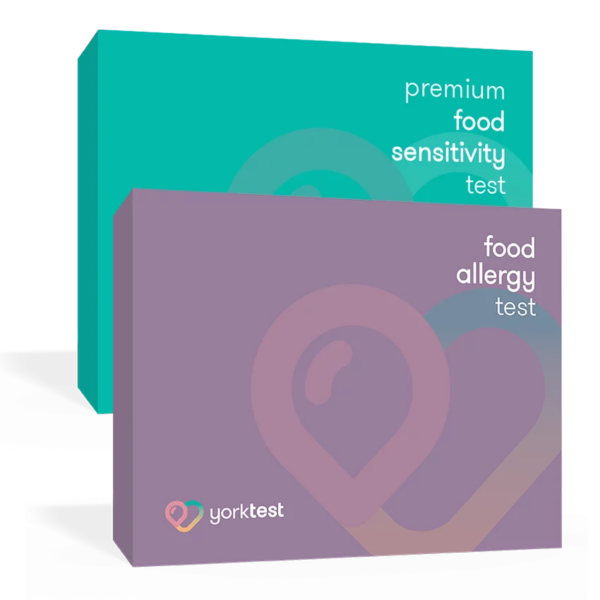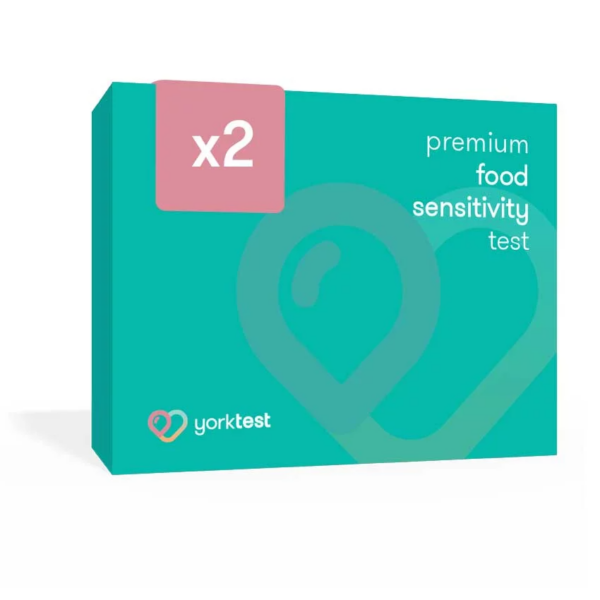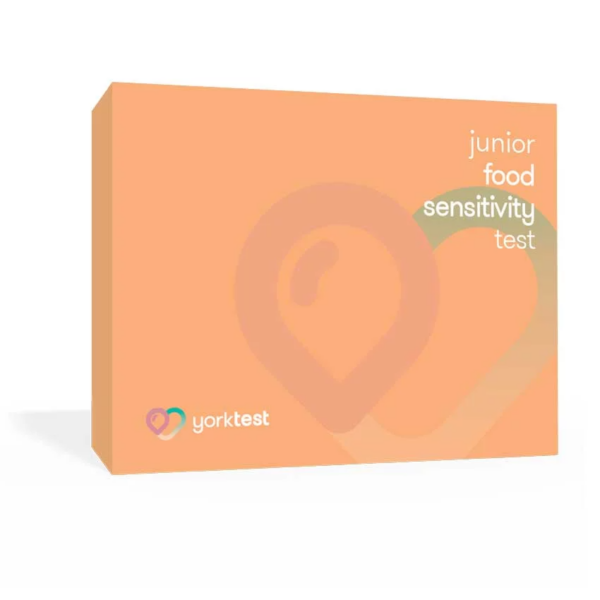Treatment approaches differ significantly between corn allergy and corn intolerance, though avoidance remains the primary strategy for both conditions. For corn allergies, antihistamines can help manage mild symptoms like hives or itching, while severe reactions require immediate epinephrine administration via an auto-injector. Those with severe corn allergies should always carry emergency medication and wear a medical alert bracelet.
For corn intolerance, treatment focuses on symptom management and dietary modification. Since reactions are typically dose-dependent, some individuals may tolerate small amounts of corn while others need complete elimination. Working with a registered dietitian or nutritional therapist can help develop a balanced corn-free diet plan and identify suitable alternatives for corn-based ingredients. Digestive enzymes or probiotics may also help manage intolerance symptoms in some cases.
Information provided above regarding Food Intolerance (defined by YorkTest as a food-specific IgG reaction) is intended to provide nutritional advice for dietary optimization. YorkTest recommends that you discuss any medical concerns you have with a doctor before undertaking a YorkTest program.
